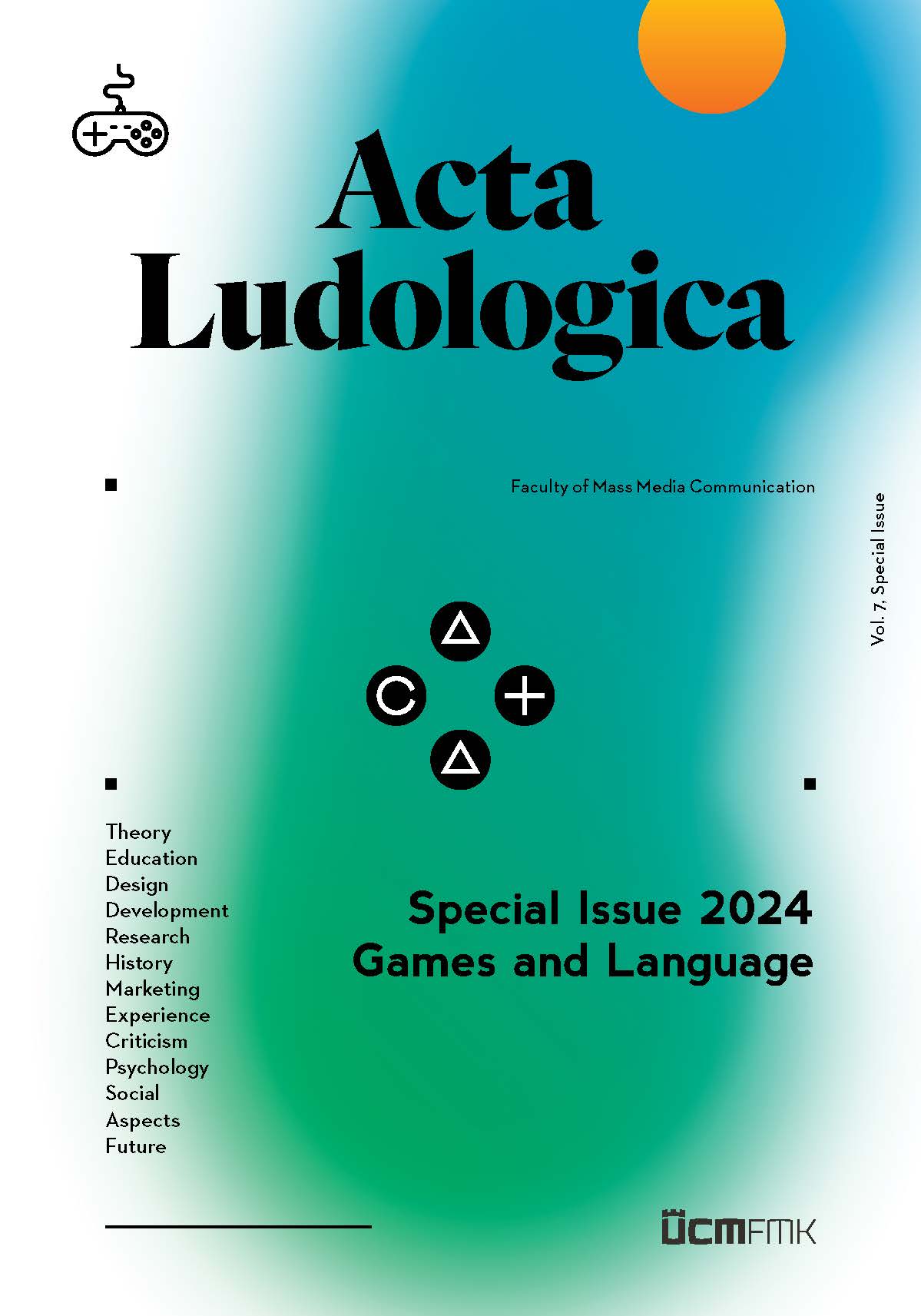ABSTRACT: This study focuses on digital games that have become powerful persuasion tools which can be utilized for political marketing purposes. The authors believe that these media have to be thoroughly explored, because of the great potential of these platforms to become very useful tools for setting up political messages and the outreach capacity to the voting segment being difficult to achieve if only traditional media are used. The paper provides a set of theoretical views on political marketing in digital games. There are many examples analyzed in the paper, proving that the techniques of political marketing can create big benefits and that they can help politicians achieve their goals. So, we hypothesized a new phase of political marketing, underpinned by the utilization of digital games. As a methodology, we used content analysis of various digital games. The aim of this paper is to offer a better understanding of the benefits of political marketing campaigns in the digital gaming industry and to explore the role and impact of these techniques, as well as to provide potential future directions of this form of marketing.
KEY WORDS: digital games, future directions, political marketing, political messages.
View full article
